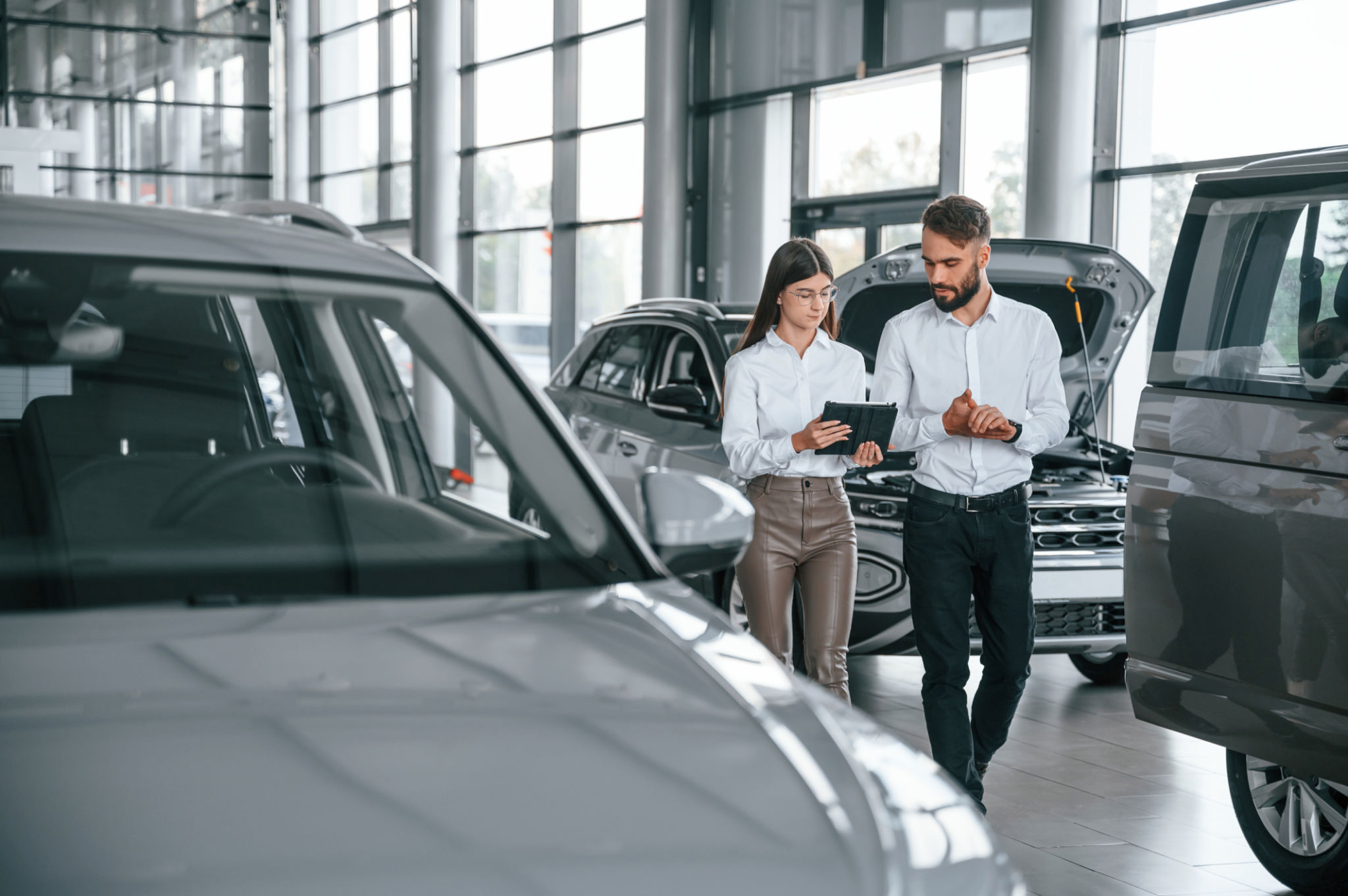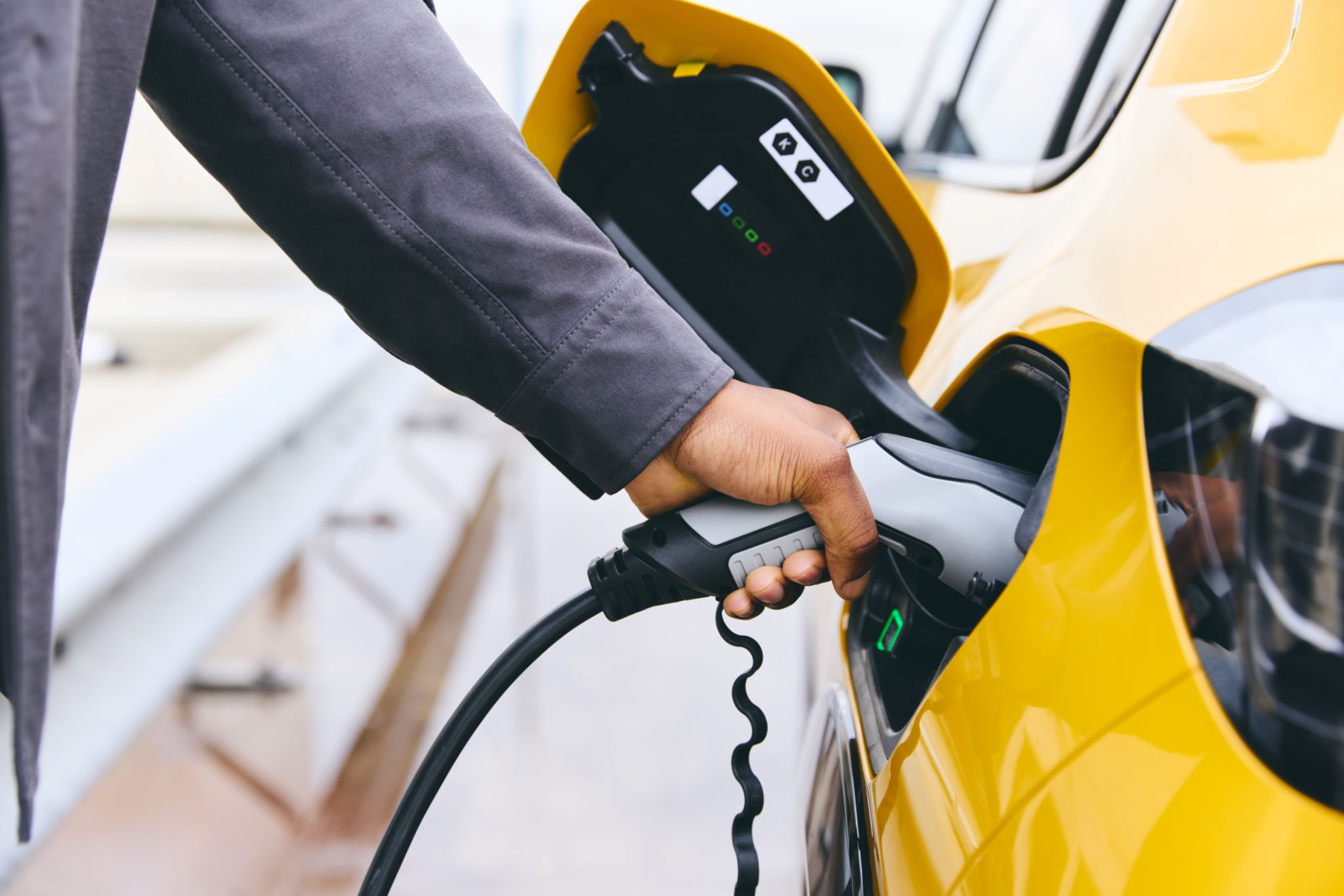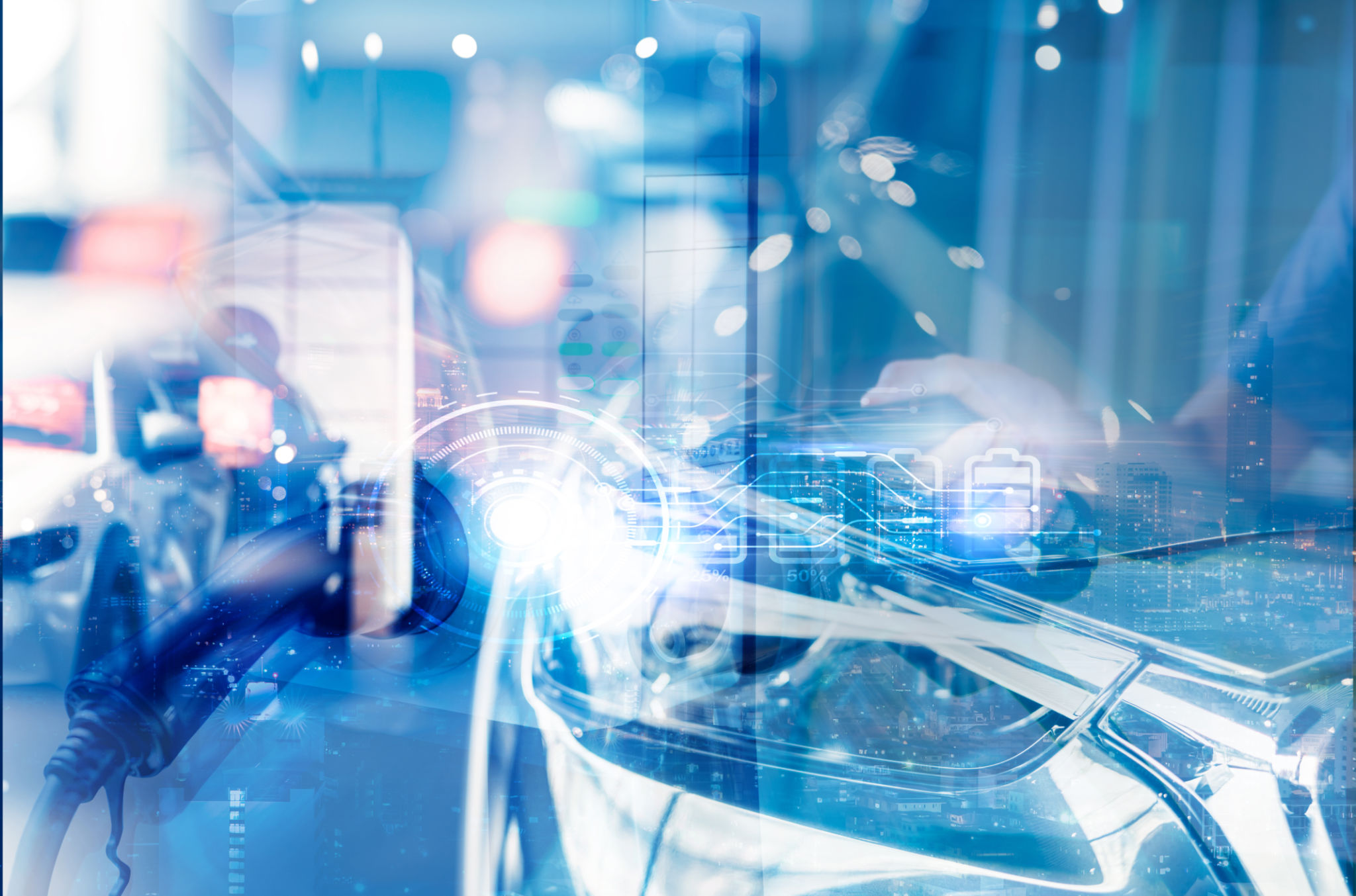The Future of Car Sales: Trends and Innovations to Watch
Embracing Digital Transformation in Car Sales
The automotive industry is experiencing a significant transformation, driven by digital innovation and changing consumer preferences. The traditional car dealership model is evolving, with dealerships increasingly adopting digital platforms to enhance the buying experience. As technology continues to reshape the industry, car sales are becoming more personalized, efficient, and customer-centric.

Rise of Online Car Sales Platforms
One of the most notable trends in the automotive sector is the rise of online car sales platforms. These platforms allow consumers to browse, compare, and purchase vehicles from the comfort of their homes. Companies are investing in user-friendly websites and mobile apps that provide detailed vehicle information, virtual tours, and financing options. This shift towards online sales is driven by the growing demand for convenience and transparency.
Moreover, online platforms are expanding their offerings by integrating features like augmented reality (AR) and virtual reality (VR). These technologies enable potential buyers to experience cars in a virtual environment, providing a more immersive shopping experience. As these tools become more sophisticated, they are expected to play a crucial role in the future of car sales.

Impact of Electric Vehicles on Sales Strategies
The increasing popularity of electric vehicles (EVs) is also influencing car sales strategies. As more consumers consider switching to EVs, car manufacturers and dealerships are adapting their sales approaches to cater to this growing market segment. This includes offering comprehensive information on EV benefits, charging infrastructure, and incentives available for EV buyers.
Dealerships are also investing in training their sales staff to better understand and communicate the advantages of EVs. This knowledge empowers them to address consumer concerns and promote the long-term value of electric cars. As the EV market continues to expand, dealerships that prioritize this transition will likely gain a competitive edge.

Personalization and Customer Experience
Personalization is becoming a key factor in the car buying process. Consumers expect a seamless and tailored experience that caters to their individual needs and preferences. To meet these expectations, dealerships are leveraging data analytics and customer relationship management (CRM) tools to deliver personalized recommendations and offers.
Additionally, some dealerships are offering subscription-based models, allowing customers to switch vehicles based on their lifestyle needs without committing to a long-term purchase. This flexibility appeals to younger generations who value experiences over ownership. By focusing on personalization and customer experience, dealerships can build lasting relationships with their clients.
Future Innovations in Car Sales
Looking ahead, several innovations are poised to further disrupt the car sales industry. Blockchain technology is being explored for its potential to streamline transactions and enhance transparency in the buying process. Additionally, advancements in artificial intelligence (AI) could lead to more precise customer insights and predictive analytics, enabling dealerships to anticipate consumer trends and preferences more accurately.

Another exciting development is the integration of IoT (Internet of Things) in vehicles, which could transform how cars are sold and serviced. IoT-enabled cars can provide real-time data on performance and maintenance needs, allowing dealerships to offer proactive service solutions and enhance customer satisfaction.
Conclusion: A New Era for Car Sales
The future of car sales is rapidly evolving, with digital transformation and technological innovations at the forefront of this change. As online platforms, electric vehicles, personalization, and cutting-edge technologies reshape the industry, consumers can expect a more convenient, engaging, and tailored car buying experience. For dealerships and manufacturers, embracing these trends will be essential to staying competitive in this dynamic market.
Ultimately, the successful integration of these innovations will not only transform how cars are sold but also redefine the relationship between consumers and the automotive industry as a whole.
